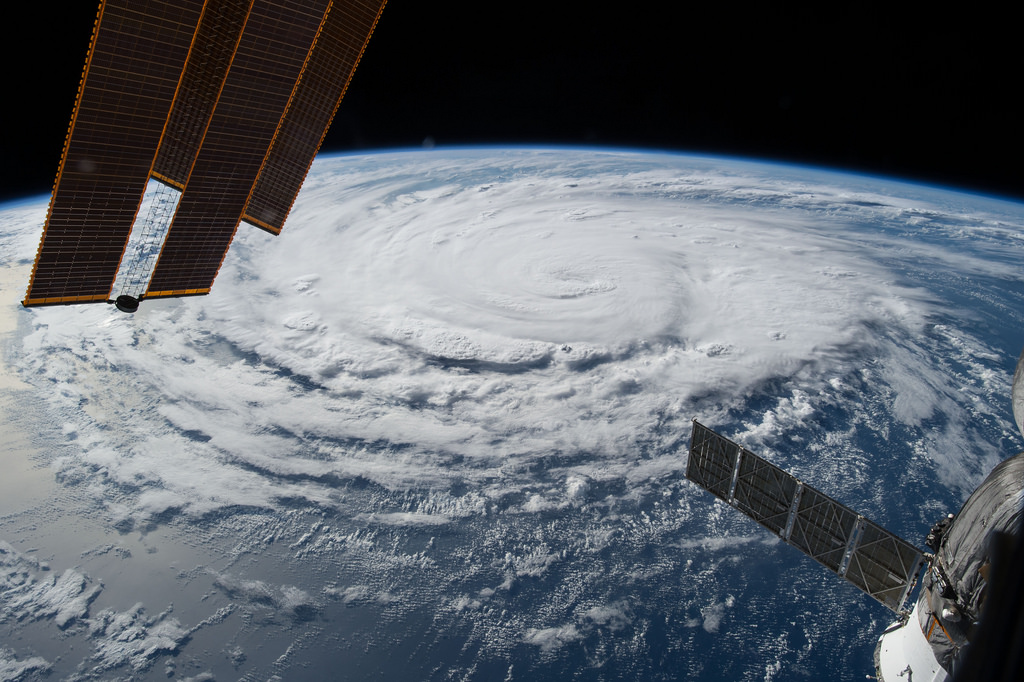Climate scientists use new web technology to fight climate denial
by Steve Rushton
10 May 2016

“The planet is not overheating, says professor” reads the headline in a Times article written by their environmental editor Ben Webster. The piece asserts how a ‘study’ has found there is no evidence for man-made climate change.
To the article’s discredit, the study’s author, Professor Terence Mills, does not specialise in climate or science, but in statistics. The study was not peer reviewed, it did not use verified scientific methods, and it was paid for by the Global Warming Policy Foundation (GWPF) founded by Lord Lawson. This small but well-funded lobby has the expressed aim of challenging the idea of anthropogenic global warming. DeSmog UK has clearly shown the power of the foundation to rewrite climate news, particularly in the Times.
In global climate coverage this article is hardly isolated. Billionaires with fossil fuel interests frequently push misleading stories by investing money into pseudo-science. They also influence the news through their ownership and advertising. For instance, a coal mine owner and member of GWPF, Matt Ridley, even has a regular slot writing for the Times.
If only there was an effective tool to shame media outlets against printing dodgy stories: a holistic way for climate news to be peer-reviewed by real scientists, where their assessment could be shared. Fortunately, scientists are collaborating globally on new fightback.
Recently, members of the House of Lords wrote an open letter to Times editor John Witherow, highlighting the fundamental problems in their climate coverage. It pinpointed the poor quality of the aforementioned article and raised concerns about this trend in newspaper’s output. The references for this reaction came in large part from Climate Feedback.
Climate Feedback is an online platform that enables accredited climate scientists to annotate news and give it a credibility rating. Using an open-source web technology called Hypothesis, a worldwide network of over 100 experts can write their analysis above any climate article. The platform aggregates a clear five-star rating, and also shows readers if there is debate or consensus amongst the experts on points of scholarly debate.
“Web-annotation technology is a significant improvement, when compared to interacting only via emails. It allows scientists to see what others have commented on,” says Emmanuel Vincent, a cyclone expert at the University of California. He founded Climate Feedback in late 2014.
Using the technology, Climate Feedback is already improving media credibility. For instance, the Telegraph issued a public correction and modified its online content after Climate Feedback reviewed a piece predicting a mini ice age in 15 years. The director of LSE’s Grantham Institute on Climate Change, Bob Ward, writing in the Guardian explains how the Telegraph and Times, alongside the Mail, Express and Sun are the most misleading UK papers in their global warming coverage.
Vincent explains to me what inspired the creation of Climate Feedback: “As a climate scientist, my initial motivation was the frustration I have when I read some news on climate that I know [to be] inconsistent with science and I have no efficient way of sharing this knowledge. I wanted to develop an effective and scalable way for scientists to share what they know with readers and journalists.”
He says how many of his friends and colleagues, not working on climate change, are often confused with the news coverage. For him, this showed how the public would gain from greater clarity.
Web-annotation tools such as Hypothesis open up a whole new layer onto the internet. Signing up to use the technology for first time, I was able to annotate points onto David Cameron’s speech given in Paris at COP21. An arrow in the top right of the screen means any reader can see my critique. In a nutshell, I argue his Green rhetoric contradicts his government’s dirty policies. With broad applications, web-annotations have the potential to change how we see and use the internet.
Anyone can use Hypothesis, as I did for free. But what Climate Feedback has done is set up a space for climate scientists from anywhere in the world to work together on tackling media disinformation. Over 100-strong, this growing community is open to any climate academic who has published at least one recent peer-reviewed journal article.
With its relatively time-efficient interface, Climate Feedback has enabled climate scientists from leading institutions to work together. The growing pool are from top universities like MIT and Harvard, plus from institutions as far north as the Norwegian Meteorological Institute and south as the British Antarctic Survey. Each article is analysed by between six and ten scientists, with one writing the review.
Looking ahead, the project has broader ambitions. Climate Feedback is raising its profile and crowdfunding with a #StandWithScience campaign launched last week. It aims to create a league table of different media outlets, called a Scientific Trust Tracker, showing which are worth trusting and which are not. The campaign emphasises that accurate journalism is a key pillar for democracy: we need to sort the facts from the fiction to tackle climate change.
Vincent adds: “Developing a solid reference of media sources’ credibility provides a healthy incentive for more accurate science reporting. Building trust is essential for news sources and scientists’ endorsements can help journalists with integrity to get ahead.”
Photo: NASA Marshall/Flickr
–
If you want to support media for a different politics, you can donate or subscribe to Novara Media at support.novaramedia.com.